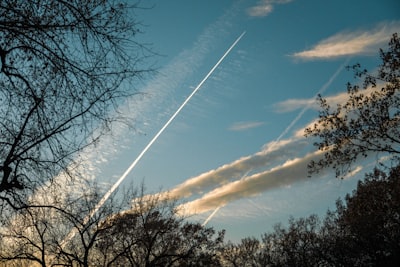What really happens behind the clouds and checklists when a country restricts outside scrutiny after a major air accident? Aviation is often touted as the model of global cooperation—radios tuned to the same frequencies, pilots and controllers speaking a universal language, and safety standards designed to protect everyone regardless of who owns the jet. But what happens when that spirit of transparency slams into the invisible wall of national pride?
Consider this: the complex choreography after every air crash relies not only on black boxes and forensic engineering, but on trust. Every time an international investigator is denied entry, it raises an uncomfortable question—how much of what keeps us safe is political, not technical? Take the eerie echoes of Cold War-era crash investigations, where nations guarded their wrecks as jealously as state secrets. Sometimes, the truth about why a plane fell from the sky only emerges decades later, if at all.
Or flip the script: could hidden innovation emerge in secrecy, as when NASA reverse-engineered foreign tech, or when inventors in closed regimes solved problems out of the public eye? There’s a paradox here: cooperation makes flying safer, but sovereignty makes governments wary. Next time you step aboard, remember that every touchdown on foreign soil is both an act of science—and diplomacy.
This article was inspired by the headline: 'India denies entry to UN aviation investigator in Air India crash probe, say sources'.

Comments
No comments yet. Be the first to comment!